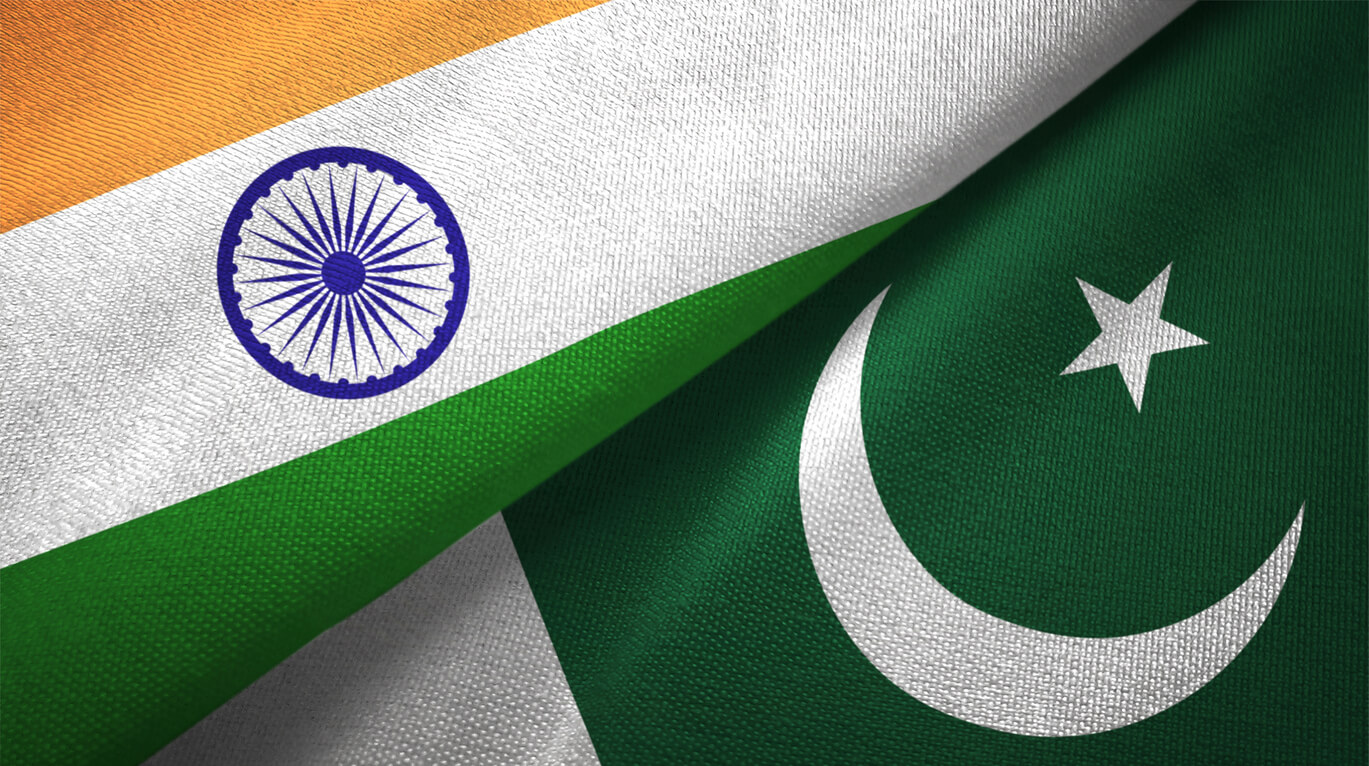On Wednesday, Pakistan’s Foreign Office released a statement condemning the construction of the Ram Mandir in Ayodhya. The statement criticised the Supreme Court judgement, which resolved the decades-long religious dispute in the region and ruled in favour of the Hindu community. It said that the judgement reflected “the preponderance of faith over justice” along with indicated “growing majoritarianism in today’s India, where minorities, particularly Muslims and their places of worship, are increasingly under attack.”
In response, Anurag Srivastava, the spokesperson for the Indian Ministry of External Affairs, urged Pakistan to refrain from interfering in “a matter internal to India” and participating in “communal incitement”. Additionally, he said, the comments were “deeply regrettable”, specifically in light of Pakistan’s treatment of the minorities in their own country and their participation in “cross-border terrorism”.
Pakistan has been attempting to gather international support against India. Imran Khan has been pressuring Turkey to use its leverage in the Organisation of Islamic Cooperation (OIC)—the 57-member Organisation of Islamic Cooperation (OIC), widely considered to represent the collective voice of Muslim countries—to advocate Pakistan’s position on Kashmir. During a virtual meet conducted in May, Pakistan’s UN Ambassador, Munir Akram, called on members to take action against India for promoting an Islamophobic agenda. However, this attempt was blocked by the Maldives, Saudi Arabia, and the UAE.
Also Read: Maldives Backs India at OIC Meet, Rejects Pakistan’s Charge of Islamophobia
More recently, on Wednesday, Pakistan’s Foreign Minister, Shah Mehmood Qureshi, called on the OIC to refrain from postponing the meeting of its Council of Foreign Ministers to discuss its Kashmir issue with India. He said, “I am once again respectfully telling OIC that a meeting of the Council of Foreign Ministers is our expectation. If you cannot convene it, then I’ll be compelled to ask Prime Minister Imran Khan to call a meeting of the Islam countries that are ready to stand with us on the issue of Kashmir and support the oppressed Kashmiris.”
Similarly, India is preparing to discuss Pakistan’s active participation in terror-funding before the Financial Action Task Force (FATF), an inter-governmental body that acts as a “global money laundering and terror-financing watchdog”. The group is set to convene in October. An Indian government official said that India intends on bringing up Pakistani inaction on the Pulwama attack, 26/11 Mumbai attack and the Daniel Pearl murder case. The official further said, “The Pakistani establishment has to prove that it is serious about dismantling the terror-funding infrastructure, which is possible only by ensuring that cases against the key figures and organisations involved in raising funds and masterminding terror attacks attain finality and such elements are punished. Given that no such concrete steps are being taken, we need to flag the issue.”
Pakistan has been under pressure from the FATF for failing to adhere to 13 out of 27 criteria of its Action Plan. In July, the Director-General of the Financial Monitoring Unit, Lubna Farooq, expressed her disdain over Pakistan’s “non-serious attitude” towards its commitment to the FATF.

